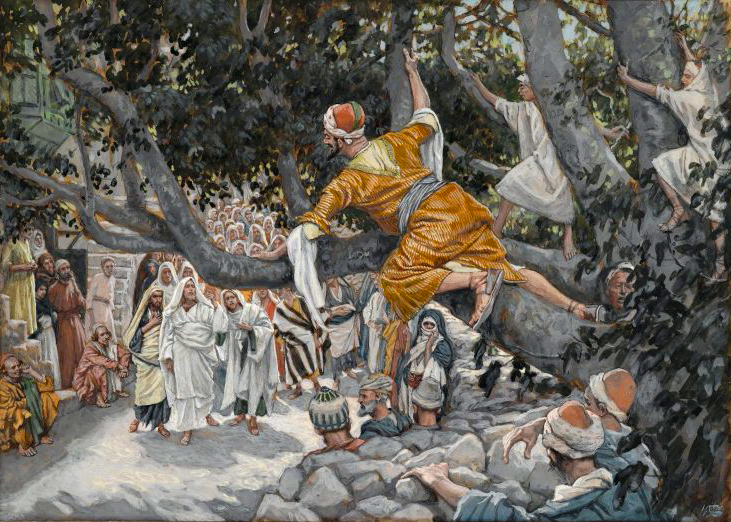A Word for 2019
December 25, 2018Let’s Gather
January 1, 2019
I’ve spoken and written much about the importance of cultivating a righteousness consciousness as opposed to a sin consciousness. This requires renewing your mind to the reality that Jesus has taken upon Himself the guilt and shame of all your sin–past, present, and future–and in its place, His flawless righteousness has been both imputed and imparted to you.
This sometimes raises the question of how to think about past sins that hurt other people. In other words: “How can I stand before God with no awareness of sin or guilt when some of my past sins hurt other people?” I was recently asked a similar question involving a hypothetical businessman who had, in years past, defrauded some of his customers. The question was, “Can such a person legitimately have a righteousness consciousness when some of his past sins damaged other people.
This is an important question that goes to the issue of conscience and what I call “heart confidence” before God. So much of what I’ve been teaching is about renewing our minds so that we remain “heart-confident” in our approach to God’s throne:
“Beloved, if our heart does not condemn us, we have confidence before God;” (I John 3:21)
So, is it really necessary for us to make things right with every person we’ve ever wronged before we can truly feel confident in God’s presence? Here is how I responded to that question.
It’s possible to have, in the past, done things that injured others for which no restitution is humanly possible. The most extreme examples of these would be murder, abuse, or wrongs agasint people who have passed away. In such cases, what’s done is done and cannot be rectified.
However, certain other kinds of actions, such as defrauding someone of money, can possibly be made right.
The thing is, both types of “sin” were placed upon Jesus on the cross and the guilt/shame associated with them was wholly and fully borne by Him. As far as our right-standing with God is concerned, there can be no difference between the two. However . . .
Our intimate fellowship with God may very well produce in us a desire to make restitution where restitution is possible. The perfect biblical example of this is Zacchaeus. He had defrauded many people of money. However, it’s vital to note that Jesus did not make restitution a condition of fellowship with Him. Jesus did not say, “You’ve cheated people. If you’ll go make that right, then I’ll come to your house and dine with you.”
No, Zacchaeus’ desire to make restitution emerged organically and spontaneously in his heart AFTER being accepted and embraced for fellowship by Jesus.
Intimacy with God—which is only possible when we embrace the truth that we have the complete righteousness of Jesus—will always produce desires (like the desire to make restitution) that we should act upon. But we must be on guard against stepping over into works by viewing those acts as a condition of fellowship or acceptance, rather than an outgrowth of the acceptance we already have.
Like everything else in grace, we operate FROM what Jesus has already accomplished.
